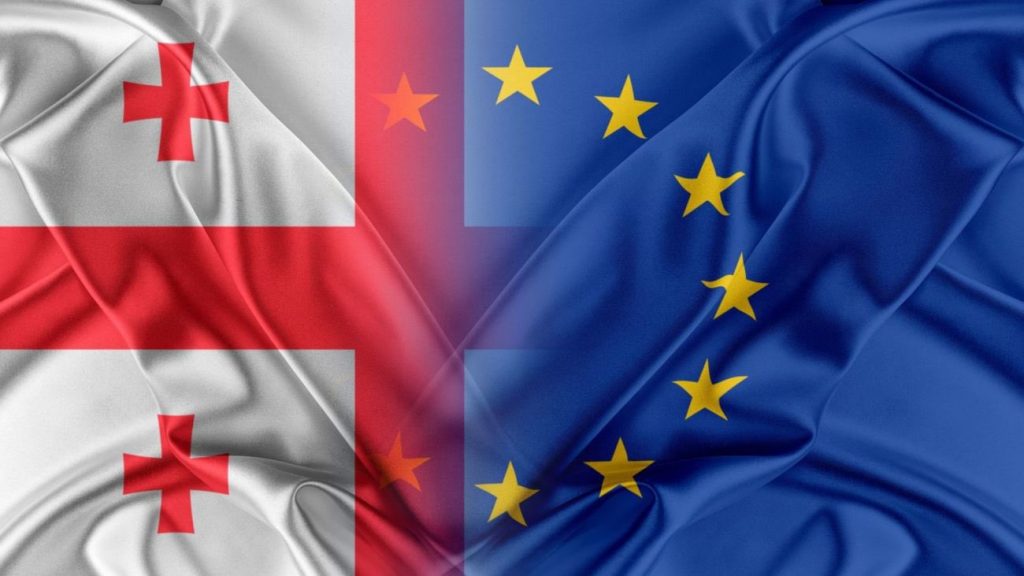Georgia officially applies for EU membership
Upon seeing wartime Ukraine taking the advantage of hyper attention and “concern” for Ukraine by sending an application to join the European Union (EU), Georgia immediately hopped onto the bandwagon to follow suit.

According to a tweet by the Ministry of Foreign Affairs of Georgia, they wrote that their Prime Minister, Irakli Garibashvili had signed the application for the Membership of the European Union.
Today?? PM @GharibashviliGe signed the application for the Membership of the European Union ??, thus opening a new, better chapter, well-deserved by our country, as we have been following the principles of democracy and freedom for centuries! Congratulations to?? and our people!
MFA of Georgia on twitter
This come after the European Parliament voted overwhelmingly for a resolution Tuesday calling on the EU “to work towards granting EU candidate status to Ukraine … on the basis of merit, and in the meantime, to continue to work towards its integration into the EU single market.”
According to the Newsweek article, the non-bind resolution is passed 637 to 13, which also called “for the scope of sanctions to be broadened and for the sanctions to be aimed at strategically weakening the Russian economy and industrial base, in particular the military-industrial complex.”

